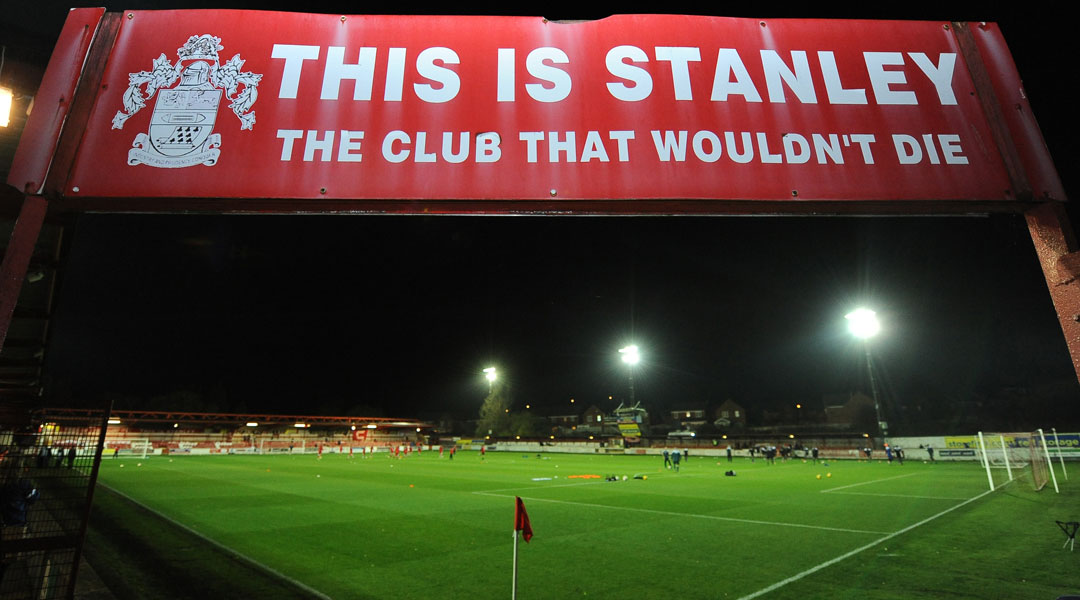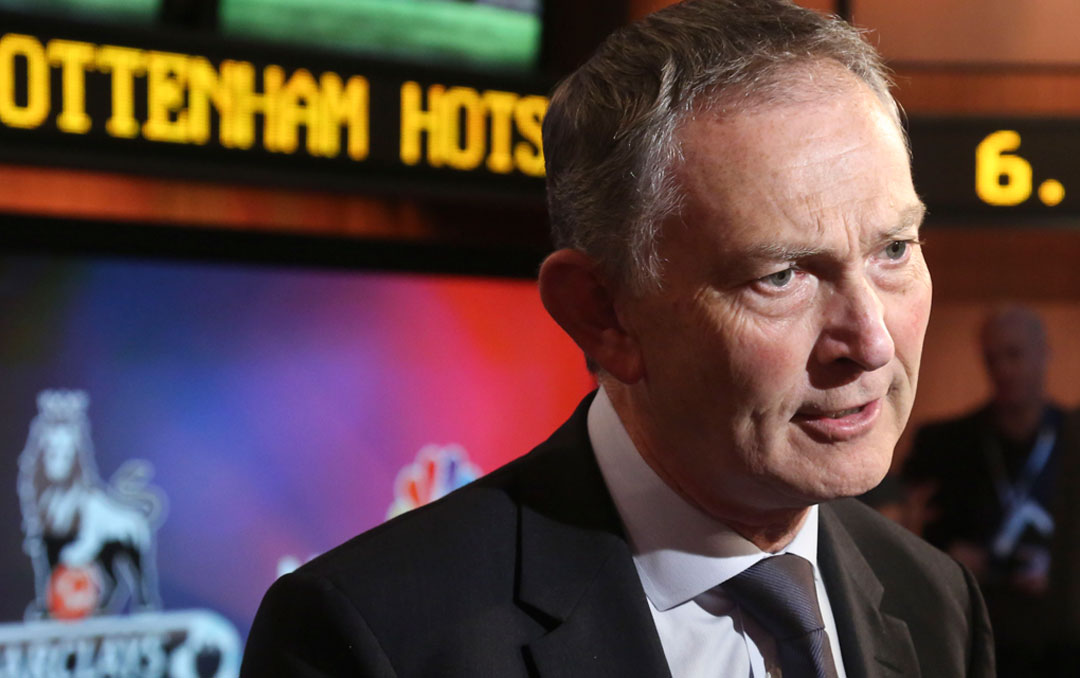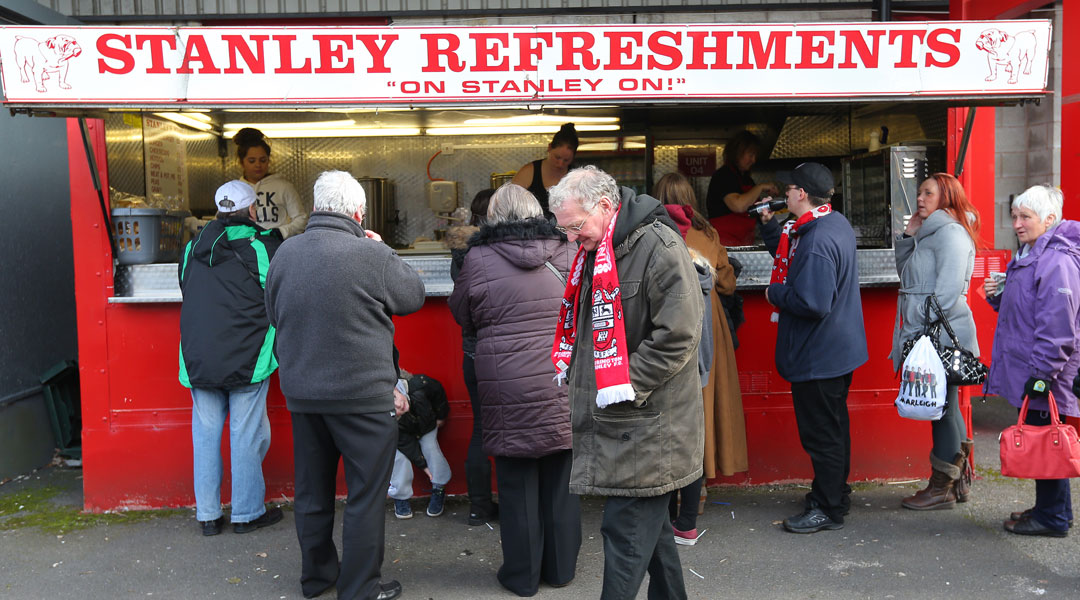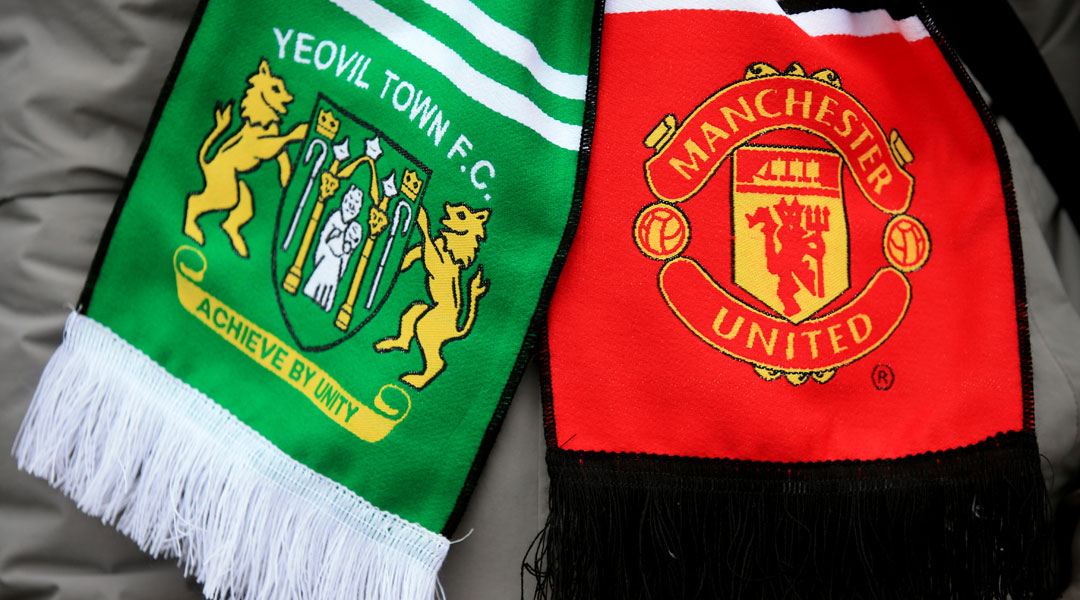"Clubs will wither and die. In 10 years it will be completely different" What lower-league chairmen think of new TV deal
The Premier League's bumper £5.14 billion television contract could change the landscape of British football as we know it, as Richard Edwards discovers...

Richard Scudamore was, understandably, grinning like a Cheshire cat as the Premier League’s eye-watering new television deal was announced last week.
Worth £5.136 billion from 2016 to 2019
Sky paid £4.176bn for 126 matches
BT coughed up £960m for 42 games
Championship clubs who don't receive parachute payments will get £2.3m in solidarity
League One clubs to receive £360,000; League Two clubs £240,000 – a 6.6% and 5.4% rise respectively
In Yeovil, Accrington and countless other locations across the Football League, there was barely a dry eye in the house too – but for very different reasons.
John Fry, chairman of League One table-proppers Yeovil Town, has seen most things during his 23 years at the helm of a club who last season found themselves playing on the same pitch as the likes of Leicester City and QPR – two clubs who could benefit from the fresh influx of TV billions.
The Glovers may have faced both sides last season but it wasn't, as Fry tells FFT, a level playing field.
“I’ve been chairman of this club for 23 years. It was tough back then and it’s tougher now,” says Fry. “We hear about all of these sums and all our players look up and see these incredible amounts of money – it makes it harder and harder to be really sensible with our playing budget. As incomes in the Premier League go up, most of it goes on wages. That’s not just consuming valuable revenue but also detracting from what we’re doing in the lower leagues, because we’re trying to pay what we can afford.
“That leads to more unemployment, and it’s killing off the sizes of squads and potential for young English players to play football. I don’t think the elite player system is working overall. It might be for clubs in the top flight, but it’s not working further down.”

If the unthinkable happens from Fry’s perspective and Yeovil endure successive relegations, they will, in all likelihood, find themselves coming up against Accrington Stanley in League Two next season.
Get FourFourTwo Newsletter
The best features, fun and footballing quizzes, straight to your inbox every week.
Stanley's sorrow
Fry can then share a pint with Stanley chairman Peter Marsden, who, like him, is disillusioned with a situation that puts more money into the pockets of clubs and players who already have plenty.
“I wouldn’t mind if this money was going to be used to good effect – but it won’t be, it just won’t be,” he sighs.
“The vast majority will go towards paying more inflated wages, because as soon as clubs get money they just try to buy someone more expensive. The best players hold out for more money, and more and more players will once again be coming in from outside the UK, which will stop the younger players coming through.”
Stanley themselves survive on average attendances of just over 1,500 – gates which consistently fall steadily each season. It’s a hand-to-mouth existence for a club synonymous with the English game, but the Accrington chairman doesn’t just fear for the future of his own side. Marsden worries for society as a whole.

“It’s very important to keep football going for the local community – it should be a source of civic pride for towns up and down the country that have a professional club,” he says.
“I think most fans don’t even mind if their club isn’t firing on all cylinders and going for promotion every year, it’s just knowing that you can come along and take your kids in the way that your father took you.
“When you endanger that because clubs are either going bust or having to go semi-professional, then you’re not just killing football, you’re actually killing part of the British way of life.
“I feel so strongly about it that I think the government should get involved. Because, left to its own devices, football seems to make a bit of a hash of it.”
"The average fan is being taken for a ride"
What is unquestionable is the Premier League’s ability to make money. And lots of it. The gripe for clubs lower down the league is that, despite the solidarity payments made by the top flight, only a tiny percentage of that cash is filtering down to clubs who need it badly.
“There’s very little in the way of parachute payments, from the Championship coming down to League One,” says Fry. “All we got was £120,000, but our revenues drop as much as £5m.
“That’s the situation we’re in and we’ll deal with it, but listen, I’m in my 70s and a lot of the older generation are supporting clubs in the lower leagues.
“When they die off, who’s going to be left supporting clubs like Yeovil? For a lot of the kids around here now, Chelsea or Manchester United is the first-choice club and then it’s Yeovil.
“The more you put Premier League matches on the big screen, it kills our gate off. When the Champions League is on and clashes with one of our fixtures, the gate drops off dramatically.
“Will the lower leagues survive? Will clubs like us survive? I think a certain number of clubs will wither and die. In 10 years’ time it will be a completely different pyramid as far as professional football is concerned. There will still be the upper end of the Premier League and probably a second tier – and then there will be the rest.”

Marsden, meanwhile, believes the latest deal simply rubs salt into the wounds of the clubs and fans who can only dream of seeing their sides rub shoulders with the likes of Chelsea, Manchester City and Arsenal.
“We are part of the rich tapestry of English football,” he says. “If you take us as a club, Accrington were one of the 12 founder members of the Football League. The only word that springs to mind is ‘obscene’ when I think how much money goes into the Premier League, and how little comes out to the small clubs.
“I just don’t understand how the average football fan doesn’t buy into the fact that they’re being taken for a ride. They could be letting everyone in free and it still wouldn’t make a blind bit of difference, but they won’t do that – all that money coming in will just disappear into the pockets of players and agents.”
Time will tell whether that prediction is correct – but history suggests he won’t be too far wide of the mark.
